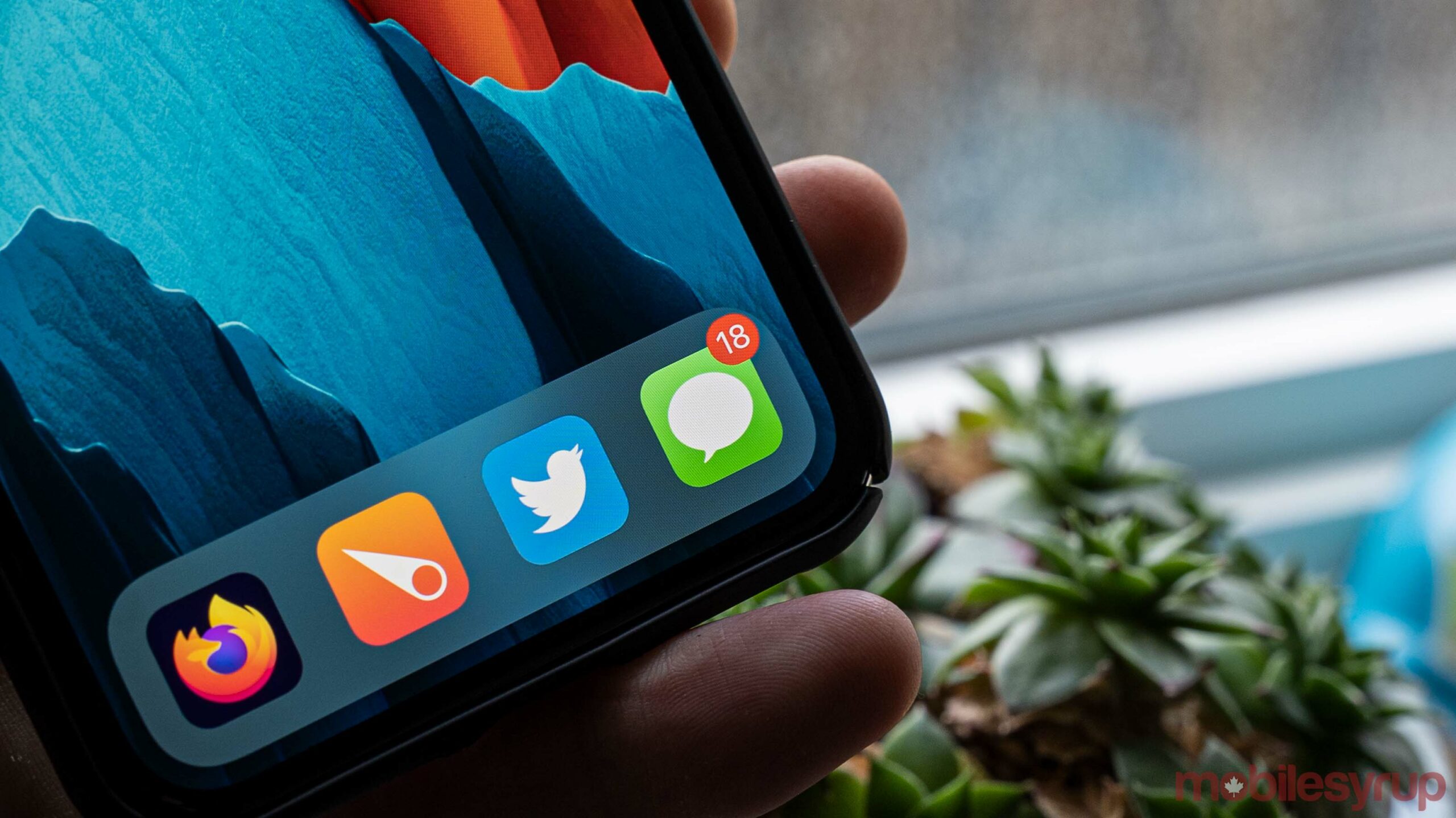
New court filings in the Epic Games and Apple trial show that Apple executives kept the popular iMessage chat service exclusive to Apple devices to create platform lock-in.
Leading up to the companies’ antitrust trial, both sides submitted ‘Findings of Fact’ and ‘Conclusions of Law’ documents. These documents outline the facts the companies consider relevant to the case as well as legal arguments they intend to rely on. These typically follow disclosure of documents by each side and depositions. 9to5Mac has an excellent run down of Apple’s case and, in the recently published summary of Epic’s side, notes the interesting detail about iMessage.
In the filing, Epic makes several arguments against Apple, including about ecosystem lock-in. In particular, the company accuses Apple of purposefully locking customers into its product ecosystem through services like iMessage. The accusation counters Apple’s argument that there are multiple app markets since the ecosystem lock-in prevents users from switching.
Epic’s lawyers deposed former iOS senior vice president Scott Forstall, who said that Apple founder and late CEO Steve Jobs wanted to “tie all of our products together, so [Apple] further lock[s] customers into [its] ecosystem.”
Eddy Cue, Apple’s senior vice president of internet software and services, also spoke about Apple’s efforts “to get people hooked to the ecosystem.”
Finally, Epic presented evidence that Apple chose not to offer iMessage on Android devices as part of the ecosystem lock-in effort. First, the Fortnite-maker quoted Apple’s senior vice president of software engineering, Craig Federighi, who feared “iMessage on Android would simply serve to remove [an] obstacle to iPhone families giving their kids Android phones.”
Apple’s former marketing chief Phil Schiller also said that “moving iMessage to Android will hurt us more than help us.”
Ecosystem lock-in a common tactic, but that doesn’t make it good
Of course, none of this should come as a surprise. Companies often use lock-in tactics like this to keep customers on their platforms — think exclusive games on consoles, or Netflix’s in-house content to keep people subscribed to its streaming service.
In Apple’s case, platform lock-in is especially important since hardware sales were one of its main revenue sources. Giving people the option to use a popular Apple service on significantly Android phones, devices that in many cases significantly undercut the price of an iPhone, could have hurt Apple’s sales. It’s worth noting that in 2018, Apple pivoted away from releasing hardware sales figures since the iPhone had hit a saturation point and sales were beginning to decline. At the same time, the company started focusing on (often exclusive) services to generate more revenue from iPhone owners.
However, it’s also worth noting the problems that lock-in brings. As Epic points out in its argument, Apple’s lock-in strategy makes it difficult for some customers to switch to competing products. For example, if your family members use iPhones and regularly communicate through iMessage, switching to an Android would cut you out of that communication. In creating a locked ecosystem, Apple ensures that it has users on its platforms. In turn, that gives the company immense power over the platform. Epic and others argue that Apple abuses that power to force developers who rely on the platform to do what Apple wants.
In places where the iPhone is popular, like North America, iMessage also contributes to a culture of exclusivity, especially among kids and teens who may bully peers for having “green bubbles.” iMessage distinguishes standard text messages from iMessage chats by colouring the chat bubbles green and blue, respectively.
It’s worth noting that several developers have attempted solutions to bring iMessage to Android. However, many are unreliable, or require extensive workarounds to function properly. At the same time, Google is developing Rich Communication Services (RCS), a new protocol that would replace the ageing SMS and MMS standards using in current text messaging.
RCS brings several iMessage features, like support for group chats, higher resolution media and images, reactions and more to standard text messaging. Google’s also working on encryption for RCS. Apple has yet to add RCS support on its platform, and it’s not clear if the company ever will. Considering RCS could enable an iMessage-like experience for communication between an iPhone and an Android device, I’d guess Apple won’t implement RCS to maintain platform lock in.
Those interested can read more about Epic’s arguments against Apple in the antitrust case here.
Via: 9to5Mac
MobileSyrup may earn a commission from purchases made via our links, which helps fund the journalism we provide free on our website. These links do not influence our editorial content. Support us here.


